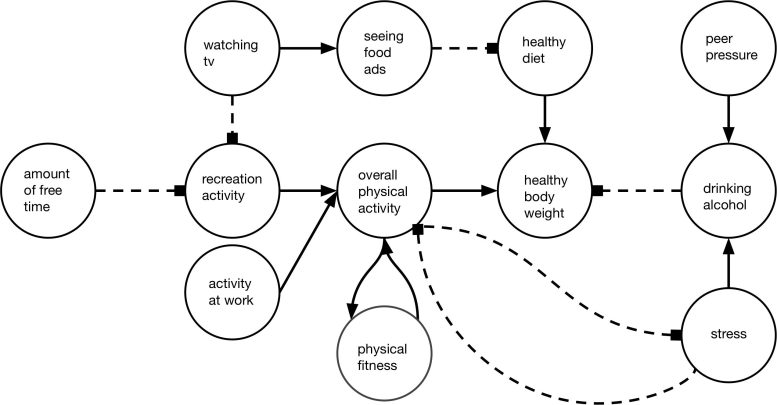
A recent study has found that an abundance of information can hinder decision-making abilities, which has critical implications for public health, suggesting that clear, focused information can enhance decision-making. AI chatbots could potentially offer personalized advice to improve decision-making effectiveness.
Even Slight Information Overload Hampers Effective Decision-Making According to New Research at Stevens Institute of Technology
When individuals are faced with challenging decisions, they often seek out expansive information. However, recent findings published in the journal Cognitive Research: Principles and Implications indicate that this can actually be counterproductive; an overflow of facts and details tends to hinder rather than improve the quality of their decision-making process.
“It’s counterintuitive, because we all like to think we use information wisely to make smart decisions,” explained Farber Chair Associate Professor Samantha Kleinberg, the lead author of the study and a computer scientist at Stevens Institute of Technology. “But the reality is that when it comes to information, more isn’t necessarily better.”
Simple Models vs. Real-World Scenarios
Researchers typically use simple diagrams, or causal models, to study how people make decisions. These models show how different factors interact to yield specific outcomes.
While people can reason effectively about these models when it comes to describing hypothetical scenarios, they struggle to make effective decisions in everyday scenarios. Kleinberg’s work demonstrates that people’s pre-existing knowledge and beliefs often distract them from the relevant information, making it harder to make effective decisions.

An example of a complex causal model for managing weight loss, containing both relevant and irrelevant information. Credit: Stevens Institute of Technology
Kleinberg’s research reveals that even a small additional detail beyond the necessary information can render the models all but useless, leading to ineffective decision-making. In everyday scenarios such as managing body weight or navigating nutrition choices, people struggle to use causal models effectively.
“Even a tiny amount of surplus information has a big negative effect on our decision-making,” said Kleinberg.
According to Kleinberg, the problem is not just that people are overwhelmed by the sheer quantity of information; they also struggle to determine which parts of the model to pay attention to.
Implications in Public Health and Beyond
This research holds significant implications for fields like public health as it suggests that educational messages need to focus on essential information in order to have a positive impact. “If you’re giving people a laundry list of things to consider when they’re deciding whether to wear a facemask or get a COVID test or what to eat or drink, then you’re actually making it harder for them to make good decisions,” explained Kleinberg. In addition, the study shows that individuals who asked for more information often made poorer decisions than those who requested less, indicating that simplicity and targeted causal models are essential for sound decision-making.
One potential approach to improve decision-making is to use AI chatbots to tailor health information or nutritional advice to individuals on a case-by-case basis, highlighting the specific information most relevant to a particular person.
Reference: “Less is more: information needs, information wants, and what makes causal models useful” by Samantha Kleinberg and Jessecae K. Marsh, 30 August 2023, Cognitive Research: Principles and Implications.
DOI: 10.1186/s41235-023-00509-7
The study was funded by the James S. McDonnell Foundation and the National Science Foundation.


